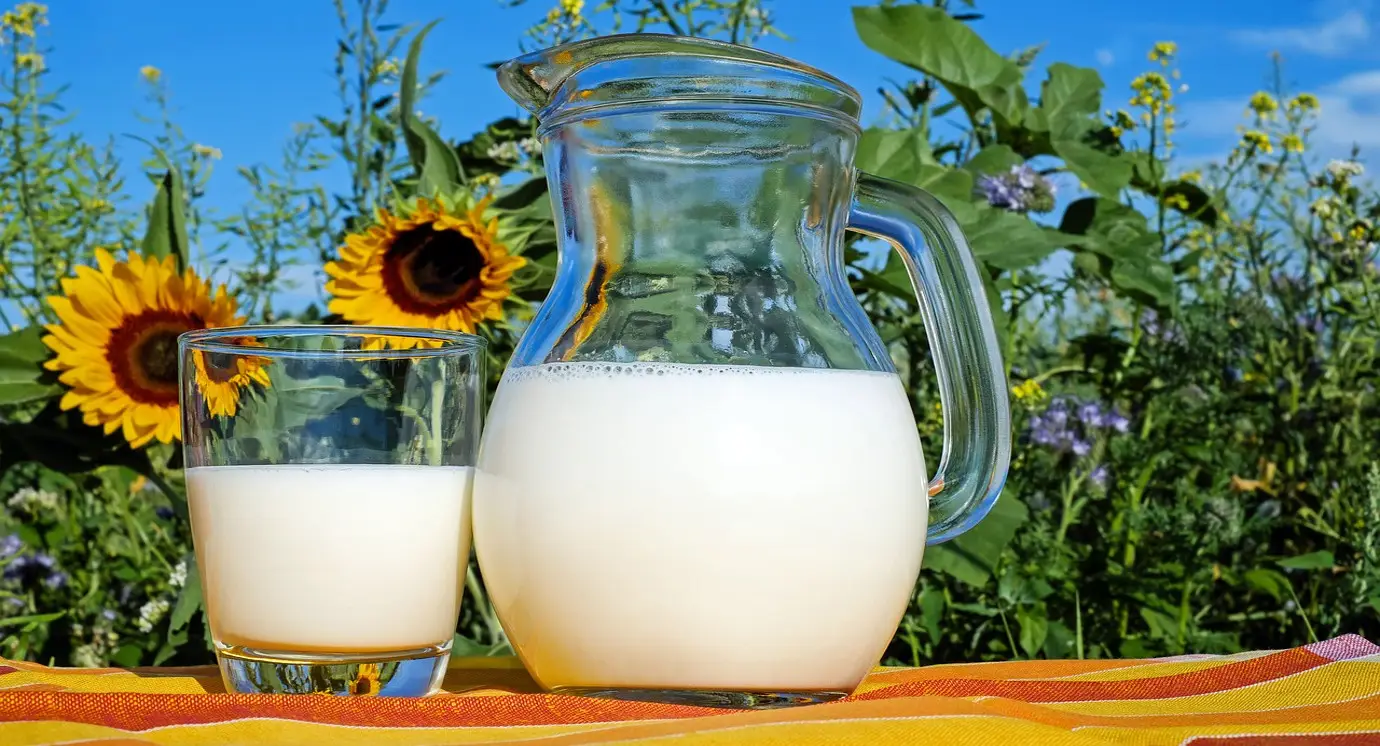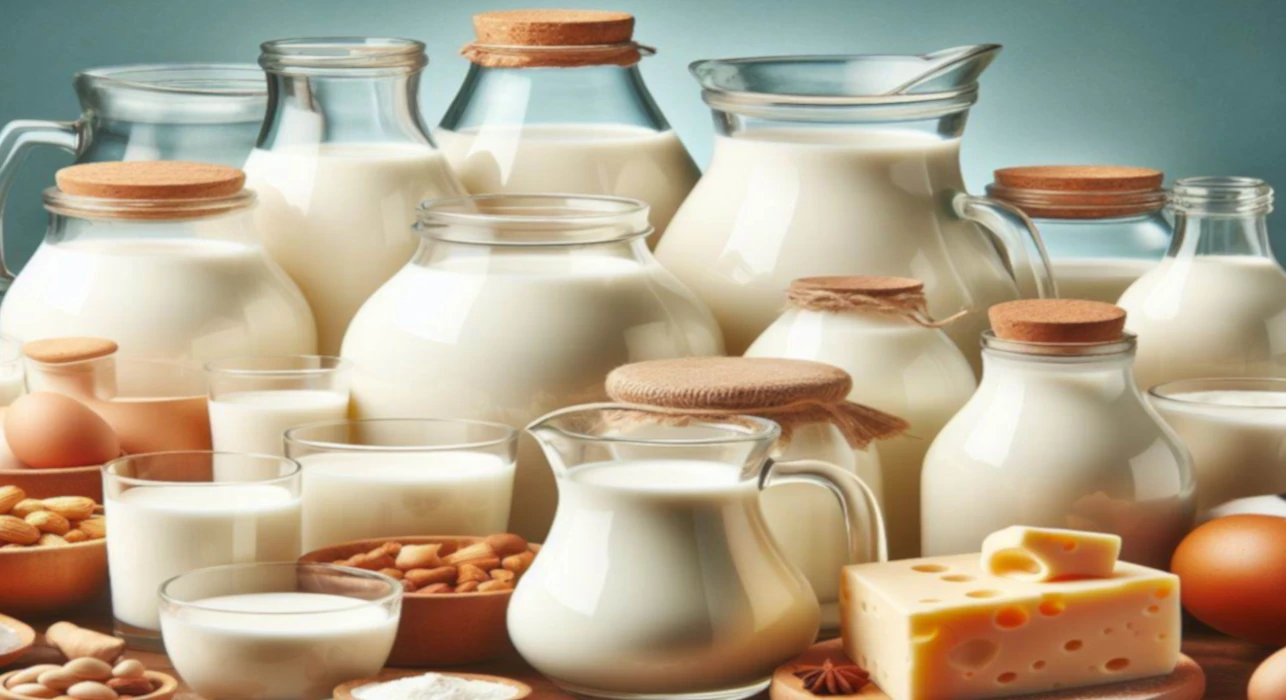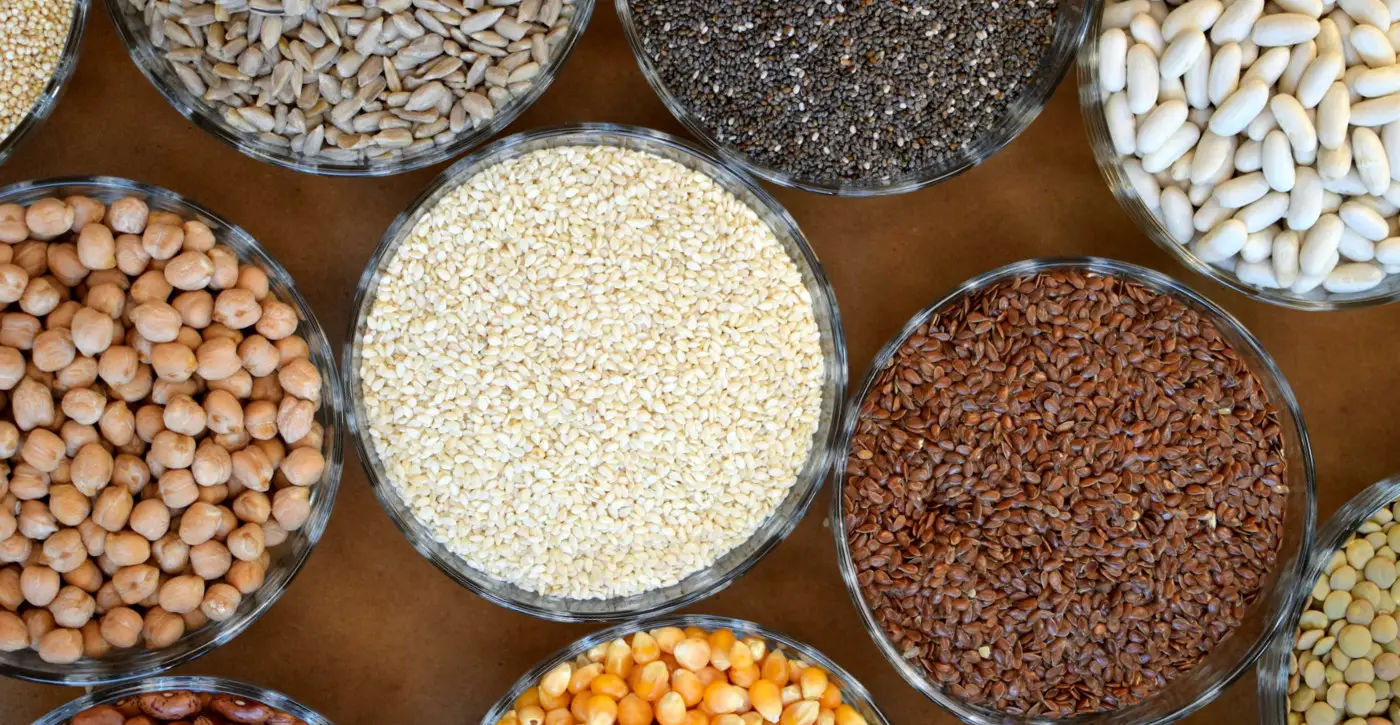Lowfat Milk Lysine and Arginine Info Sheet
Overview
Lowfat milk, 2% is a dairy product that is made from cow’s milk that has had some of its fat removed.It has a thin, creamy texture and a slightly sweet flavor. It is often used as a drink, a cereal ingredient, or a coffee additive.
Lowfat milk, 2% is lower in fat, calories, and cholesterol than whole milk, but higher than skim milk.
It is also high in protein, calcium, and phosphorus. It also contains probiotics, which are beneficial bacteria that can improve digestion and immunity.
| Name | Lysine (mg/100g) | Arginine (mg/100g) | Ratio |
|---|---|---|---|
| Lowfat Milk | 231mg | 105mg | 2.19 |
Lowfat Milk contains 231mg of Lysine and 105mg of Arginine per 100g of product.
This means Lowfat Milk has a very high Lysine-Arginine ratio of 2.19.
Because Lowfat Milk contains much higher levels of lysine than arginine, it is highly recommended for people who suffer from herpes, as it may prevent outbreaks.
Lysine Considerations
Lowfat milk, 2% is a good source of lysine, an essential amino acid that is important for protein synthesis, collagen formation, and immune function.
Lysine also helps prevent cold sores caused by the herpes simplex virus.
It is one of the nine amino acids that your body cannot make by itself, so it has to come from the food we eat.
Lysine has many functions in the body, such as helping with growth, healing, energy, immunity, and collagen production.
Lysine may also have some effects on the herpes virus, which causes cold sores and genital sores.
Studies have suggested that taking lysine supplements or applying lysine cream may help prevent or treat these infections by blocking the amino acid arginine, which the virus needs to grow.
Arginine Considerations
Lowfat milk, 2% is also a good source of arginine, another essential amino acid that is involved in wound healing, nitric oxide production, and growth hormone secretion.
Arginine may also improve blood flow, lower blood pressure, and enhance sexual function.
Arginine has multiple functions in the body, including wound healing, helping the kidneys remove waste products from the body, and maintaining immune and hormone function.
Arginine also plays a role in the replication of the herpes virus, making it a key factor in cold sore outbreaks.
The herpes virus requires arginine to grow, replicate, and create new herpes viruses.
Foods abundant in arginine, such as nuts and chocolate, may increase the frequency and severity of these outbreaks.
Lysine-Arginine Ratio
Lowfat milk, 2% has a high lysine-arginine ratio, which means that it has more lysine than arginine.
This may be beneficial for people who suffer from herpes outbreaks, as lysine can inhibit the replication of the virus, while arginine can stimulate it.
However, the lysine-arginine ratio is not the only factor that affects herpes infection, and other dietary and lifestyle factors should also be considered.
Both lysine and arginine are essential for protein synthesis and various other bodily functions.
They, however, have opposing effects on the herpes simplex virus, which causes cold sores and genital herpes.
Lysine can prevent the replication of the virus, whereas arginine can stimulate it.
Thus, a diet rich in foods with a high lysine to arginine ratio may help reduce the occurrence and severity of herpes flare ups.
Foods that have a high lysine-arginine ratio include dairy products products, fish, poultry, fruits, and vegetables.
These foods can provide the body with enough lysine to compete with arginine and inhibit the virus from replicating and causing outbreaks.
Dietary Considerations
Dairy is a broad term that includes milk and any of the foods made from milk, such as butter, cheese, ice cream, yogurt, and condensed and dried milk.
Dairy is a good source of lysine, an amino acid that can help to prevent herpes outbreaks.
Milk has a high lysine-arginine ratio, which means it has more lysine than arginine, another amino acid that can stimulate the replication of the herpes virus.
Products that contain milk, cream, yogurt, and cheese also have high levels of lysine and can benefit herpes flare up prevention.
That said, some dairy and dessert products may also contain high levels of sugar, fat, and calories, which can weaken the immune system and trigger outbreaks.
These products should be consumed in moderation and with caution by people with herpes.
Some dairy products that are a good source of lysine and low in sugar, fat, and calories are skim milk, low-fat yogurt, cottage cheese, and frozen yogurt.
Dairy-free alternatives to milk, such as oat milk, almond milk, coconut milk, and rice milk, may not contain such high levels of lysine as dairy products.

For example:
Eating a balanced and nutritious diet that supports your immune system and reduces inflammation.
This means consuming plenty of fruits, vegetables, whole grains, lean protein, and healthy fats, and avoiding processed foods, added sugars, alcohol, and caffeine.
Drinking enough water to keep yourself hydrated and remove toxins from your body.
Water can also help prevent dryness and irritation of the skin and mucous membranes, which can result in fewer outbreaks.
L-lysine supplementscan help you prevent herpes outbreaks and stop a cold sore before it develops by depriving the virus of arginine, which it needs to form a cold sore.
Avoiding foods that can cause allergic reactions or sensitivities, such as gluten, dairy, nuts, eggs, or shellfish.
These foods can trigger inflammation and weaken your immune system, making you more susceptible to outbreaks.
Foods that can boost your immunity and fight inflammation are essential to prevent outbreaks.
Honey, yogurt, aloe vera, and chamomile are some examples of these foods.
They can also soothe your symptoms and help you recover quicker by reducing pain, swelling, and itching.
Check more food information






